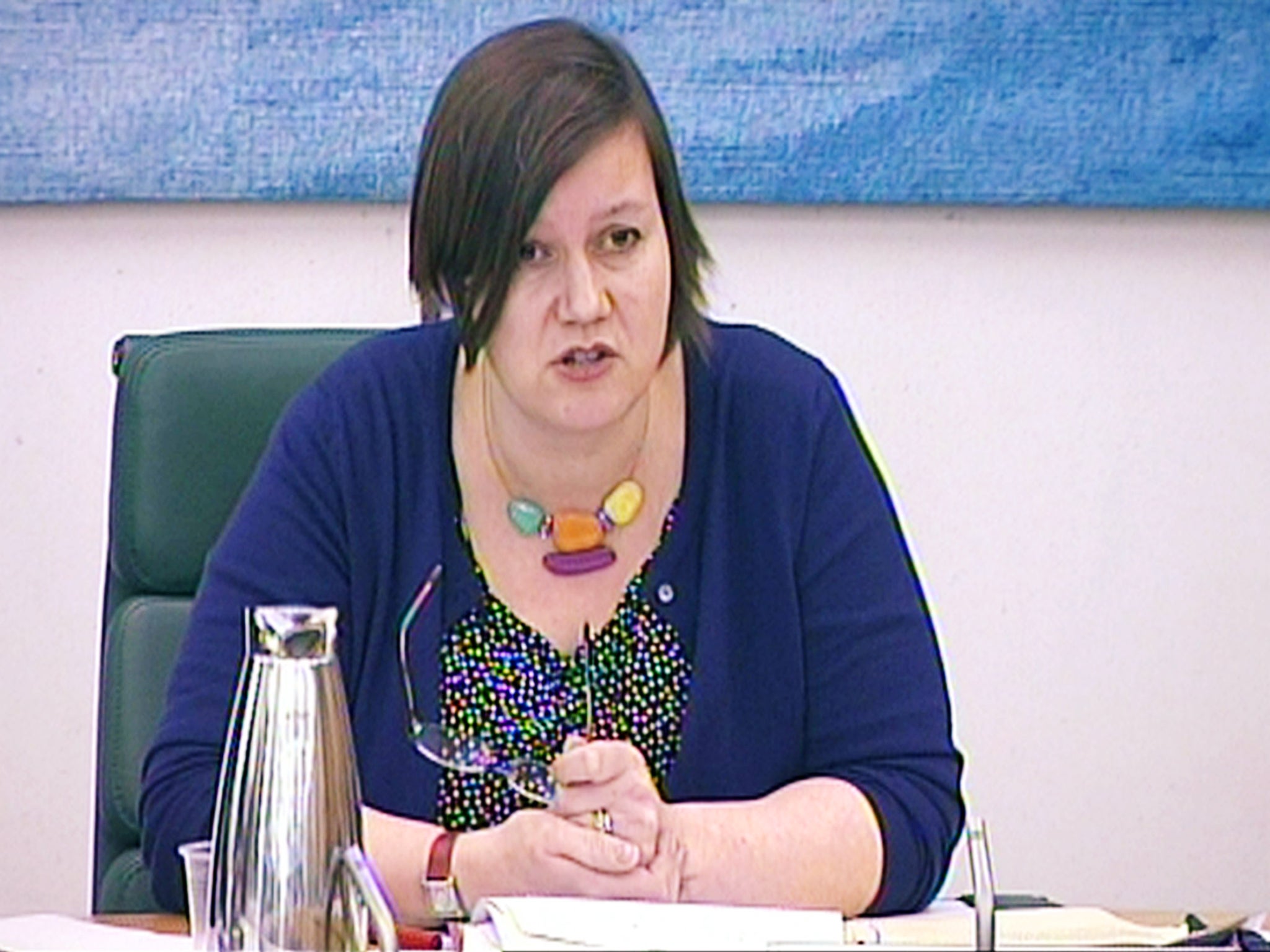MPs call for action on fraud and malpractice at alternative 'university' providers
The alternative higher education provider sector presents 'too many opportunities to fraudsters', Public Accounts Committee report finds

Your support helps us to tell the story
From reproductive rights to climate change to Big Tech, The Independent is on the ground when the story is developing. Whether it's investigating the financials of Elon Musk's pro-Trump PAC or producing our latest documentary, 'The A Word', which shines a light on the American women fighting for reproductive rights, we know how important it is to parse out the facts from the messaging.
At such a critical moment in US history, we need reporters on the ground. Your donation allows us to keep sending journalists to speak to both sides of the story.
The Independent is trusted by Americans across the entire political spectrum. And unlike many other quality news outlets, we choose not to lock Americans out of our reporting and analysis with paywalls. We believe quality journalism should be available to everyone, paid for by those who can afford it.
Your support makes all the difference.The Government has not done enough to prevent alternative providers of higher education from “playing the system”, MPs argue.
A damning report from the Commons Public Accounts Committee (PAC) says the current system offers a “chancer’s charter”, which saw around £10m paid out to individuals and providers not eligible for student loan funding from 2014 to 2016.
Serious allegations of fraudulent practices at alternative providers – which include agents helping ineligible students with fake applications so they can claim loans – shows more could be done.
So far, the Student Loans Company has only been able to recover a quarter of the £45m of ineligible payments made in the six years to 2016, the report highlights.
The PAC criticises the Department for Education (DfE) for failing to recover student loan payments made to ineligible students and for taking far too long to get “timely” data that would allow robust oversight of the 112 alternative providers - which do not receive direct annual public funding.
The alternative provider sector still presents “too many opportunities to fraudsters”, the report says. The DfE investigated 32 cases of potential wrongdoing at providers from 2015 to 2016.
And a BBC Panorama investigation in November revealed that agents at some alternative providers were providing students with fake certificates, coursework and attendance records so that they could claim student loans that they were not entitled to.
The DfE is not considering regulation of recruitment agents, but it accepted that “inappropriate recruitment and fake assignments” need to be monitored closely, the report says.
Today’s report adds that it is still a “concern” that one in four students at alternative providers are not completing their courses, compared to one in ten in the rest of the higher education sector.
Meg Hillier, chair of the PAC, has called on the new higher education regulator the Office for Students (OfS), which comes into effect next month, to overcome the challenges in the sector.
The Labour MP said that the high student drop-out rate at alternative providers deprived “students of vital skills and, potentially, the public purse of money loaned to pay for their studies.”
She said: “Bad apples must be cast out and as a priority we urge the OfS to assert its authority and detail exactly how it will tackle the fraud and malpractice that continues to blight the alternative sector.”
Ms Hillier added: “Inadequate data continues to hamper oversight and efforts to withhold loans from ineligible students. The Department for Education and Student Loans Company, together with the OfS, must raise their game here.”
A Department for Education spokesman said: “Alternative providers make a strong contribution to the UK’s higher education system, offering greater choice, diversity and opportunities for students.
“As the PAC report has recognised, we have strengthened controls and have robust systems in place to identify and tackle fraud in alternative providers, but clearly there is more to do.
“The Office for Students will bolster oversight of these institutions even further by putting students at the heart of everything they do and using its powers to hold these providers to account.”
Nicola Dandridge, chief executive of the Office for Students, said: ”Higher education providers will need to meet 24 conditions in order to register with the Office for Students.
“These conditions seek to ensure that the students have a fulfilling experience of higher education which enhances their lives and careers.
“We will expect and require all higher education providers to support students to complete their studies – and are well prepared for employment or postgraduate study.”
Join our commenting forum
Join thought-provoking conversations, follow other Independent readers and see their replies
Comments